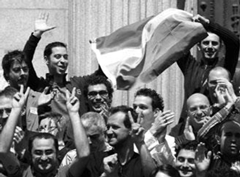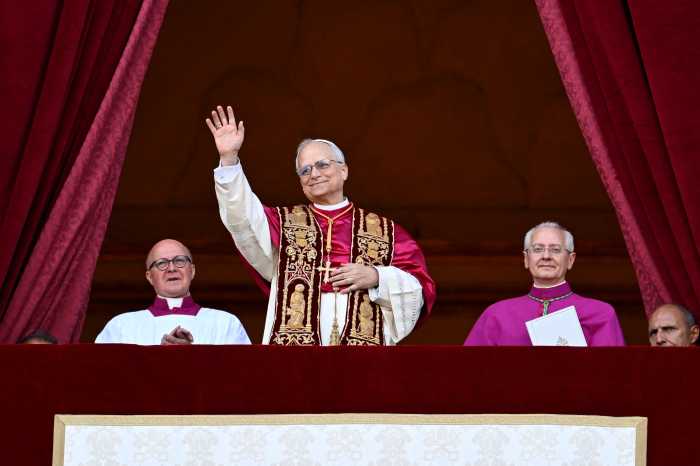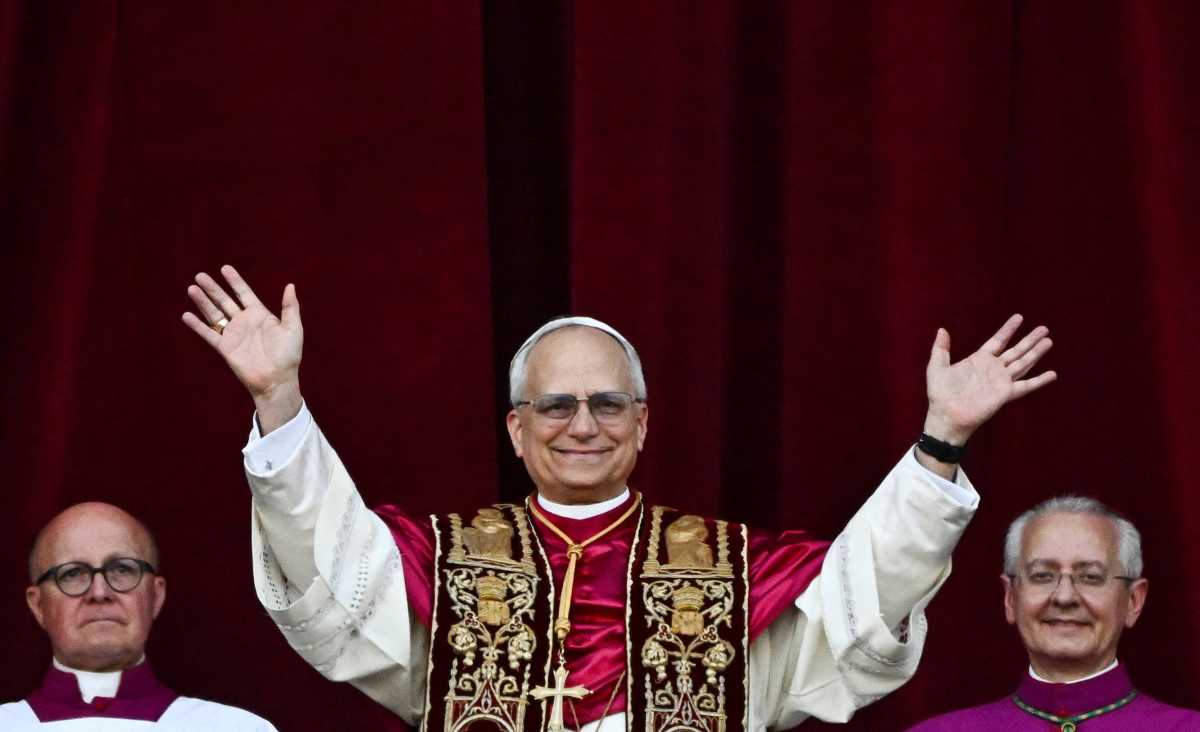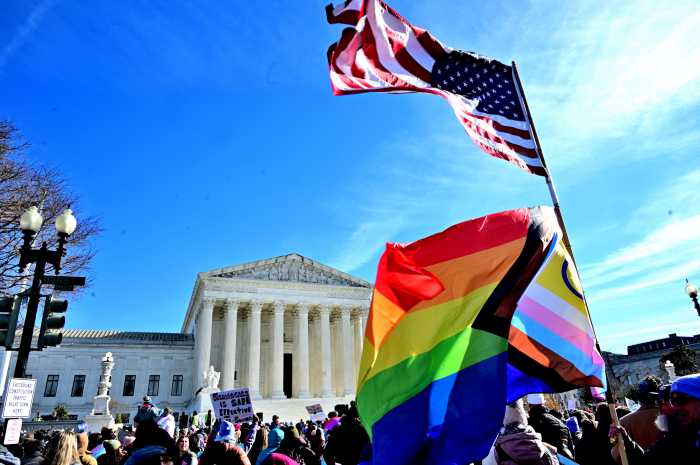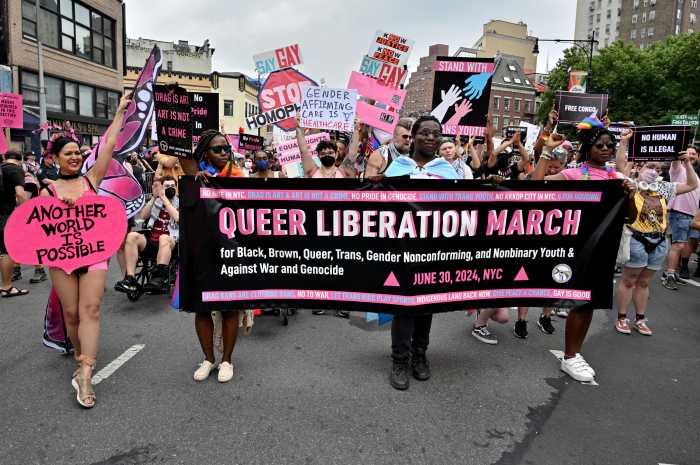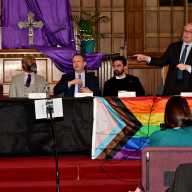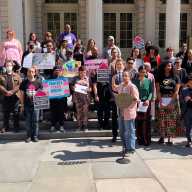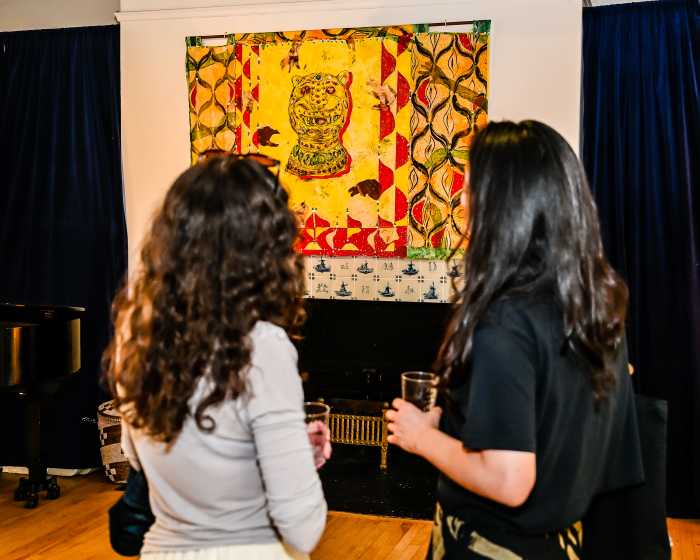Zapatero’s Socialist-led government stares down Vatican; measure has wide popular support
With the recent passage of legislation amending its civil marriage law, Spain is poised to join Belgium and the Netherlands as the third European nation to legalize same-sex marriage.
On April 21, the Congress of Deputies, the Spanish Parliament’s lower house, voted 183-to-136, with six abstentions, to approve a same-sex marriage bill sponsored by the Socialist-led government of Prime Minister José Luis Rodriguez Zapatero. The law also paves the way for gay couples to adopt children.
Many political analysts expect the 259-member Senate to pass the same-sex marriage law and for the measure to breeze by a mandatory second reading in the lower house, which has the final say on legislative matters. By August, gay and lesbian couples are expected to start getting married.
The Socialists hold 164 seats in the 350-member Congress, 12 votes shy of a majority. However, several smaller parties, including the United Left and the Republican Left of Catalonia, have formed a liberal coalition with Zapatero’s Socialist Workers’ Party.
Unlike its two northern European counterparts, Spain is predominantly Roman Catholic and beginning last October, since its approval by Zapatero’s cabinet, the Catholic Church and other conservative religious groups, including Orthodox Jews and Muslims, have bitterly opposed the gay marriage law.
Elsewhere in Europe, Denmark and Sweden have civil union laws for gays and lesbians, which is less than full marriage equality, but the Lutheran Church—Denmark’s state religion and the dominant one in Sweden—may bless such unions.
In Germany, gay couples have been able to register their relationships since 2001. In 2004, Guido Westerwelle, the leader of the business-friendly Free Democratic Party, acknowledged his homosexuality and called for more equality for gay couples.
Since 1998, France’s same-sex couples have been entitled to enter into civil solidarity pacts, a national registry that offers limited tax breaks and legal protections to unmarried same- and opposite-sex partnerships.
Spain, however, is the first southern European nation poised to offer full marriage equality to same-sex couples.
Currently, in the Navarra and Basque regions, same-sex-couples who reside with each other for a specified period of time qualify for the same benefits as heterosexuals registered in civil unions. An equivalent legal recognition exists in Portugal, Spain’s neighbor.
Last June, the government-run Center for Sociological Investigations conducted an opinion poll in which Spanish respondents supported legalizing same-sex marriage by 66-to-26 percent, with the remainder undecided.
On April 21, at a press conference before the lower house voted, a reporter asked the prime minister how newly elected Pope Benedict XVI, a vociferous opponent of same-sex marriage, would react to passage of the bill.
“If the new pope wants to say something about it, I’m prepared to respect whatever he says,” replied Zapatero. “He can count on my respect for him.”
The Socialists took power in April 2004 after voters ousted the conservative Popular Party led by José Maria Anzar, whose deployment of Spanish troops to Iraq bitterly alienated voters. Following Anzar’s admission that he had bungled the investigation of the March 11 Madrid subway terrorist bombings that killed 191—Spain’s equivalent of the September 11 attacks—the Socialists swept into power, just days after the incident.
Since assuming office, Zapatero has challenged the church’s time-honored prerogatives on a variety of fronts, including removing crucifixes from public buildings, suspending mandatory religious education in the public schools, and, perhaps of most concern to church officials, threatening to suspend the government’s voluntary payments to church coffers.
This January, the defense minister, José Bono, believed to be the only practicing Catholic in the Spanish cabinet, rejected comments made by the late Pope John Paul II denouncing the gay marriage legislation.
“Faith is not something a government can impose. It is not something that it is up to the state, but rather to people,” said Bono, according to the Efe news agency.
Bono also criticized the Vatican’s opposition to homosexuality and the use of condoms.
“Today, Christ would be more worried about the 25, 000 children who die each day from hunger in the world and by the deadly wars and breaches of international law,” said the defense minister, adding, “I think Christ would side with those who are peaceful.”
Following John Paul’s critical comments, the Spanish Conference of Bishops quickly backtracked from its announcement supporting the use of condoms to fight AIDS.
Pope Benedict has mentioned that he chose his name because Saint Benedict, founder of the Benedictine Order, is one of Europe’s patron saints. The pope is expected to continue to insist, as he did when known as Cardinal Joseph Ratzinger, that the preamble of a new European Union constitution specifically mention Europe’s Christian roots.
Vatican observers have mentioned that the new papacy might be a transitional one meant to afford Benedict the opportunity to counteract what the pontiff has decried as the growing “secularization” of historically Christian Europe.
Along those lines, Spain’s gay marriage initiative has presented the pontiff with his first major challenge. Following its passage by the Congress of Deputies last month, Benedict, in one of his first papal addresses, condemned the same-sex marriage law and called upon local officials in Spain to refuse to accede to the law in what would amount to acts of civil disobedience.
Several conservative mayors have already said they strongly oppose same-sex marriage and will not enforce the new law, prompting a response from the Interior Ministry that the national government will swiftly crack down on disobedient public officials.
One prominent Catholic official created a stir when he equated obeying the marriage law with Nazism. During a television interview, Barcelona’s retired archbishop, Cardinal Richard Maria Carles, said, “If you give obedience to the law priority over obedience to your conscience, that leads to Auschwitz.”
The Triangulo, or Triangle, foundation, a Spanish gay rights group, called on the church to “stop sowing hatred against victims of discrimination and against victims of the Holocaust, among whom there were many homosexuals.”
An influential Vatican official, Cardinal Alfonso Lopez Trujillo, prefect of the Pontifical Council on the Family, has also denounced the Spanish law as profoundly “iniquitous.” In August 2003, as the American presidential election was getting into gear and Congress considered amending the Constitution to outlaw same-sex marriage, Trujillo authored a scathing denunciation of the rights of gays and lesbians to have their relationships legally recognized.
Arnaldo Gancedo, the president of Colectivo de Lesbianas y Gays de Madrid, or COGAM, the capital’s largest queer rights group, criticized the church’s “interference in civil society” and denounced the Vatican for opposing social changes, like divorce and “the liberation of the woman.”
Gancedo went on to question why other religious groups opposed to the gay marriage law, such as evangelical Christians and Jews, “were not outspokenly opposed to the Spanish Civil War.”
On April 21, the lower house of Spain’s Parliament also approved by 192 to 127, with five abstentions, the first reading of a no-fault divorce law, that would allow either spouse to file for divorce three months after getting married. Previously, a judge needed to approve a valid reason—such as infidelity—before approving a divorce. The new measure, which must also go before the Senate, requires a judge to grant a divorce upon request.
Government figures indicate that 60 percent of Spanish marriages end in separation or divorce.
gaycitynews.com


